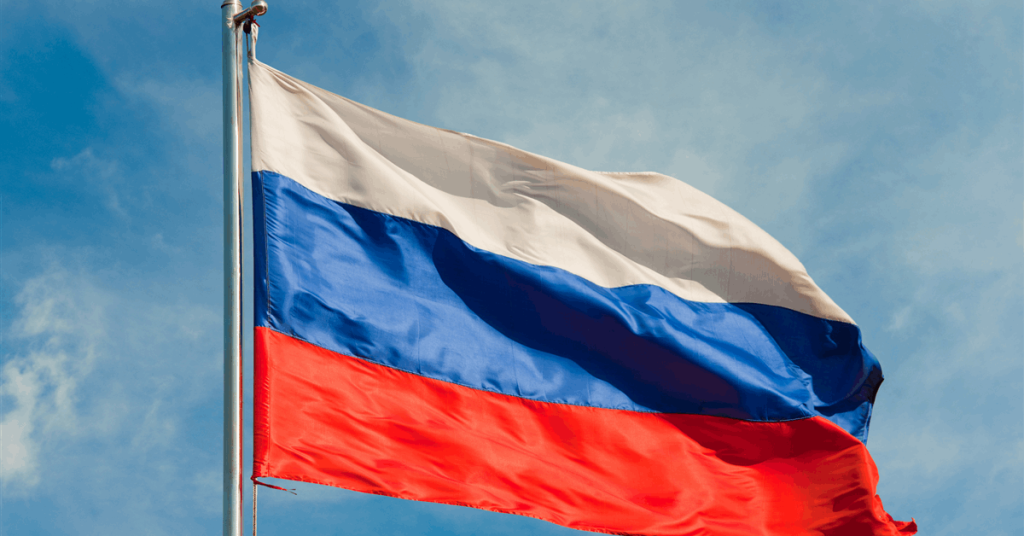Russian President Vladimir Putin relaxed the rules on fuel subsidies to the nation’s refiners, allowing them to continue receiving billions of rubles in aid amid intensified Ukrainian attacks on the industry.
Refineries will remain eligible for subsidies even if market wholesale prices for diesel and gasoline significantly exceed threshold prices, according to a presidential decree published on Sunday. The changes will stay in place from Oct. 1 until May 1.
The subsidies are designed to encourage Russian oil producers to keep supplying gasoline and diesel to the domestic market, even when export prices become more attractive. Under current rules, the government is legally bound to pay the subsidy if the market wholesale price of gasoline doesn’t exceed 10% of the threshold price, with the range for diesel at 20%. Refineries won’t receive state payments after that level.
Russia paid 1.8 trillion rubles ($22 billion) in fuel subsidies last year, while payments over the first nine months of 2025 fell to 716 billion rubles. Since early August, Ukraine has intensified attacks on the Russian oil industry, with repeated strikes on refineries resulting in a drop of crude-processing rates, exacerbating a fuel crunch and leading to rising domestic prices.
Last month Deputy Prime Minister Alexander Novak said the fuel-price hike that triggers subsidies will be increased by 10 percentage points from September. The maximum allowed market-price hike would be raised to 20% of the threshold price for gasoline and 30% for diesel.
Generated by readers, the comments included herein do not reflect the views and opinions of Rigzone. All comments are subject to editorial review. Off-topic, inappropriate or insulting comments will be removed.
element
var scriptTag = document.createElement(‘script’);
scriptTag.src = url;
scriptTag.async = true;
scriptTag.onload = implementationCode;
scriptTag.onreadystatechange = implementationCode;
location.appendChild(scriptTag);
};
var div = document.getElementById(‘rigzonelogo’);
div.innerHTML += ” +
‘‘ +
”;
var initJobSearch = function () {
//console.log(“call back”);
}
var addMetaPixel = function () {
if (-1 > -1 || -1 > -1) {
/*Meta Pixel Code*/
!function(f,b,e,v,n,t,s)
{if(f.fbq)return;n=f.fbq=function(){n.callMethod?
n.callMethod.apply(n,arguments):n.queue.push(arguments)};
if(!f._fbq)f._fbq=n;n.push=n;n.loaded=!0;n.version=’2.0′;
n.queue=[];t=b.createElement(e);t.async=!0;
t.src=v;s=b.getElementsByTagName(e)[0];
s.parentNode.insertBefore(t,s)}(window, document,’script’,
‘https://connect.facebook.net/en_US/fbevents.js’);
fbq(‘init’, ‘1517407191885185’);
fbq(‘track’, ‘PageView’);
/*End Meta Pixel Code*/
} else if (0 > -1 && 81 > -1)
{
/*Meta Pixel Code*/
!function(f,b,e,v,n,t,s)
{if(f.fbq)return;n=f.fbq=function(){n.callMethod?
n.callMethod.apply(n,arguments):n.queue.push(arguments)};
if(!f._fbq)f._fbq=n;n.push=n;n.loaded=!0;n.version=’2.0′;
n.queue=[];t=b.createElement(e);t.async=!0;
t.src=v;s=b.getElementsByTagName(e)[0];
s.parentNode.insertBefore(t,s)}(window, document,’script’,
‘https://connect.facebook.net/en_US/fbevents.js’);
fbq(‘init’, ‘1517407191885185’);
fbq(‘track’, ‘PageView’);
/*End Meta Pixel Code*/
}
}
// function gtmFunctionForLayout()
// {
//loadJS(“https://www.googletagmanager.com/gtag/js?id=G-K6ZDLWV6VX”, initJobSearch, document.body);
//}
// window.onload = (e => {
// setTimeout(
// function () {
// document.addEventListener(“DOMContentLoaded”, function () {
// // Select all anchor elements with class ‘ui-tabs-anchor’
// const anchors = document.querySelectorAll(‘a .ui-tabs-anchor’);
// // Loop through each anchor and remove the role attribute if it is set to “presentation”
// anchors.forEach(anchor => {
// if (anchor.getAttribute(‘role’) === ‘presentation’) {
// anchor.removeAttribute(‘role’);
// }
// });
// });
// }
// , 200);
//});

